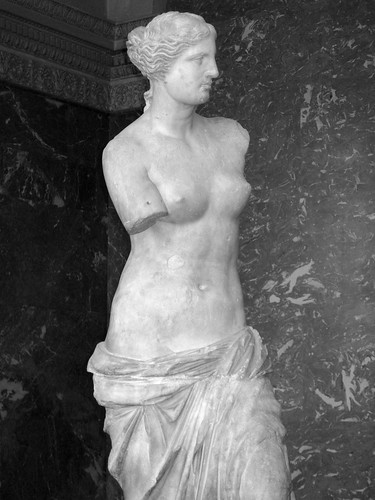One of the many things that confuses me, is the sudden--and by sudden, I mean over the last decade--attempt to get rid of classic works of literature, from
A Brave New World to
1984 to
To Kill A Mockingbird and
Huckleberry Finn. I'm not going to lie and say that I love each one of these books and that I want to read them again and again, but I feel that each work is definitely important and has many lessons to teach. I can't figure out why there is such a sudden rise to leave these out of school curricula or to remove them from library shelves. I've spoken a bit before about perceived innocence in youth and children, and here again I wonder where these perceptions come from. This idea that children and young people are somehow innocent of racism, sex, offensive language, etc., is just plain confusing to me.
I recently came across an
article by Mark Lane, of the The Daytona Beach News-Journal, which speaks to the removal of a school production of
To Kill a Mockingbird at Flagler Palm Coast High School, on the basis that it used the "N-word," as if people have never heard the word. People seem to forget about context a little too often. There is a difference between yelling "nigger!" (this is one of those context moments, so please don't go saying I'm racist) at someone out of anger and a desire to inflict emotional or psychological pain, and using it in a play that is describing the harm associated with racism and racial slurs.
There is also a second issue that raises its head in a situation like this: censorship breeds publicity. Mr. Lane writes:
Speaking as the parent of a former high school theater student, I can tell you that had this play gone forward, a few people would have complained during intermission, only to forget about it by curtain call. An assistant principal would have had an animated telephone conversation with a parent who was offended after talking to someone who had heard about the play. And an angry letter to the editor may have found its way to this newspaper.
And that would be about it.
Instead, administrators now find themselves talking about censorship and political correctness to out-of-town television and newspaper reporters.
This is the same case as the banning of Sherman Alexie's
Absolutely True Diary of a Part-Time Indian, which subsequently led to higher book sales in nearby book stores. Censoring only leads to more interest, which leads to more fighting. It is undeniably counter-productive.
Another issue at play here is the age of the students, and the perceived innocence that adults place on them. This was a high school production!
Remember, these aren't little kids we're talking about here. These are high school students. They are allowed into R-rated movies all by themselves. They know how to read things on the Internet. A student play is unlikely to harm their sensibilities.
It is here that I will leave you because I wish to remain somewhat neutral (even though this blog is obviously subjective and biased) and I don't want to end up ranting and raving for pages and pages. What I want to leave you with are the following three reminders:
1) Children are not as innocent as adults try to pretend.
2) There is such a thing as context, and this should never be forgotten.
3) Censorship only leads to greater publicity.
 A short while ago, Amazon began selling a book on Pedophilia; not just about pedophilia, but about how to be a pedophile. This, understandably, caused some uproar. But when Amazon removed the book from their virtual shelves, some people cried that it was a violation of free speech. An article in the Vancouver Sun had a few things to say on this situation: "there's a distinction between banning a book and asking a seller to take it off the shelf. A boycott is a market mechanism between sellers and customers. It isn't a form of coercion."
A short while ago, Amazon began selling a book on Pedophilia; not just about pedophilia, but about how to be a pedophile. This, understandably, caused some uproar. But when Amazon removed the book from their virtual shelves, some people cried that it was a violation of free speech. An article in the Vancouver Sun had a few things to say on this situation: "there's a distinction between banning a book and asking a seller to take it off the shelf. A boycott is a market mechanism between sellers and customers. It isn't a form of coercion."









